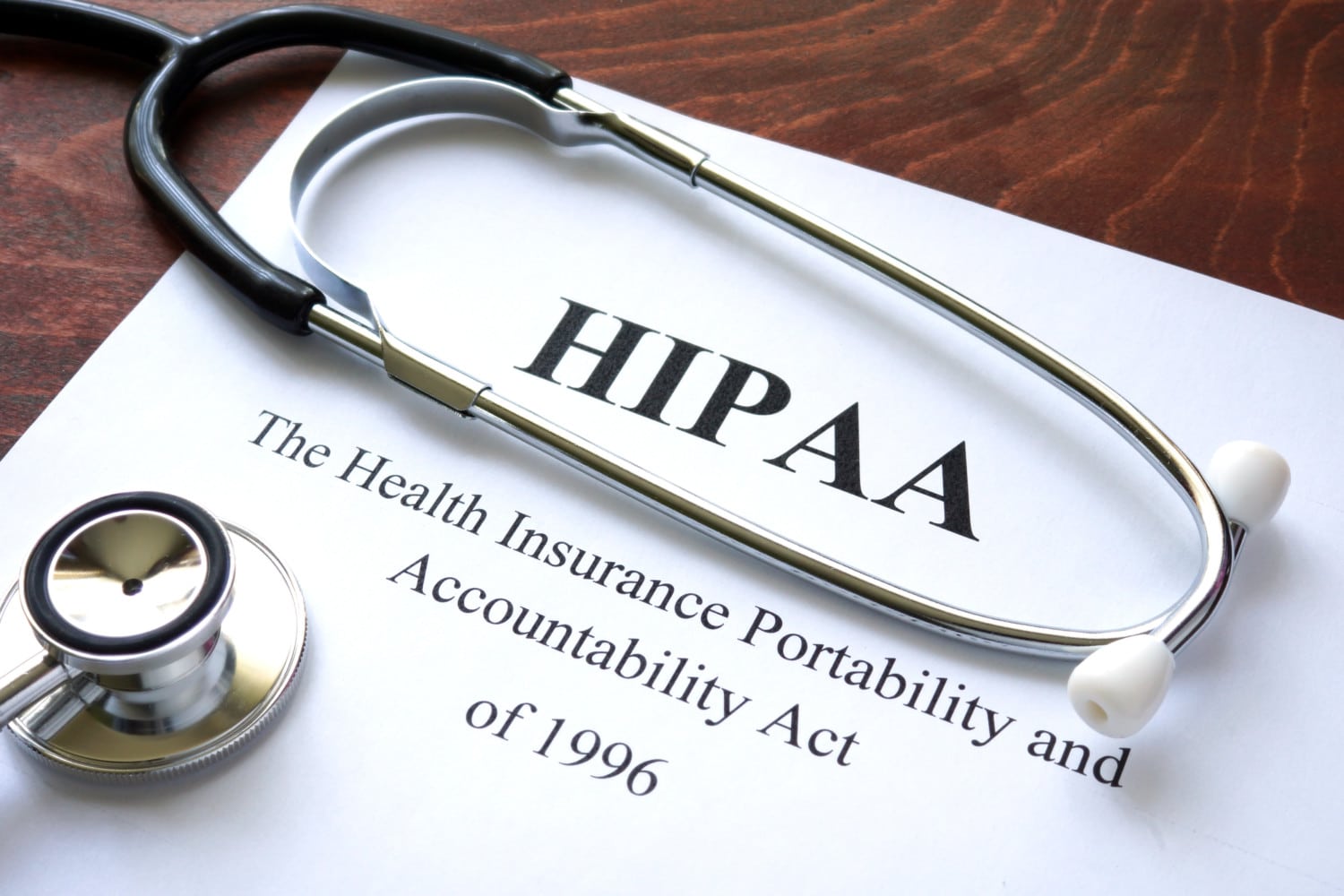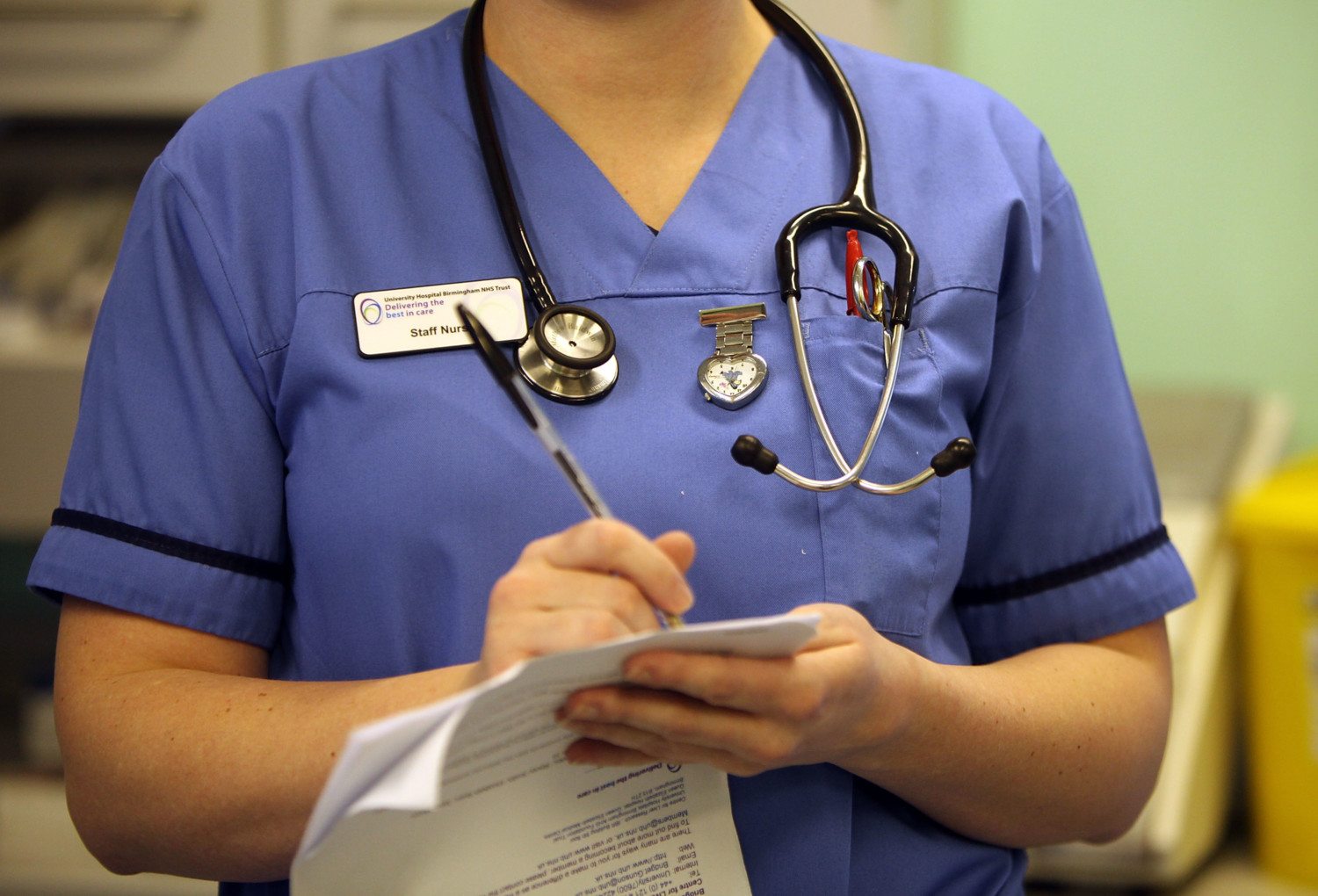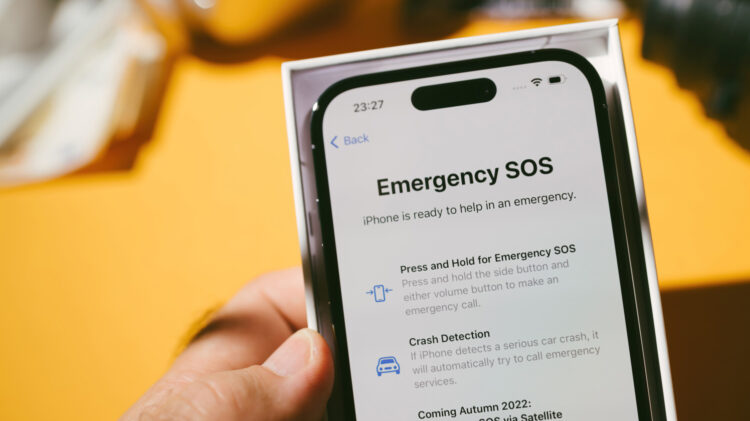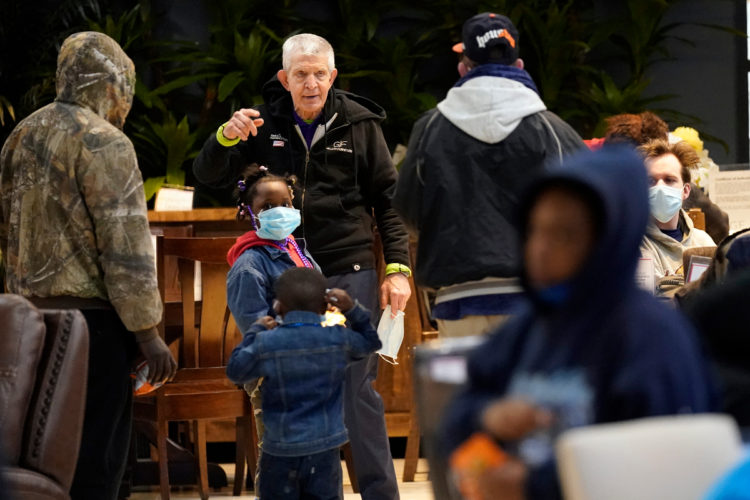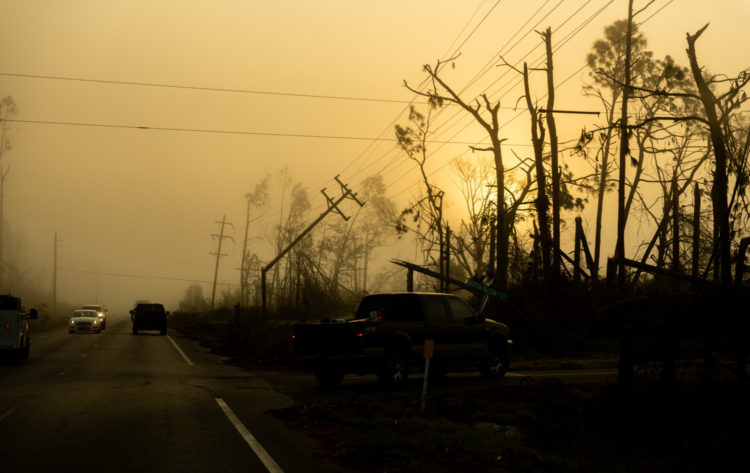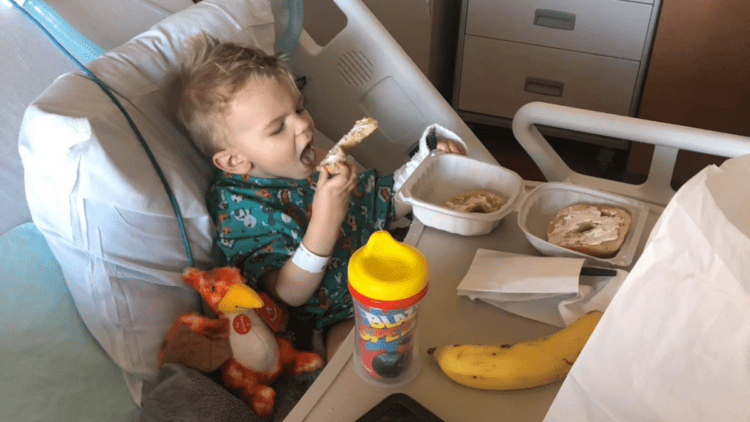What Parents Need To Know About HIPAA And Medical Privacy When Their Child Turns 18
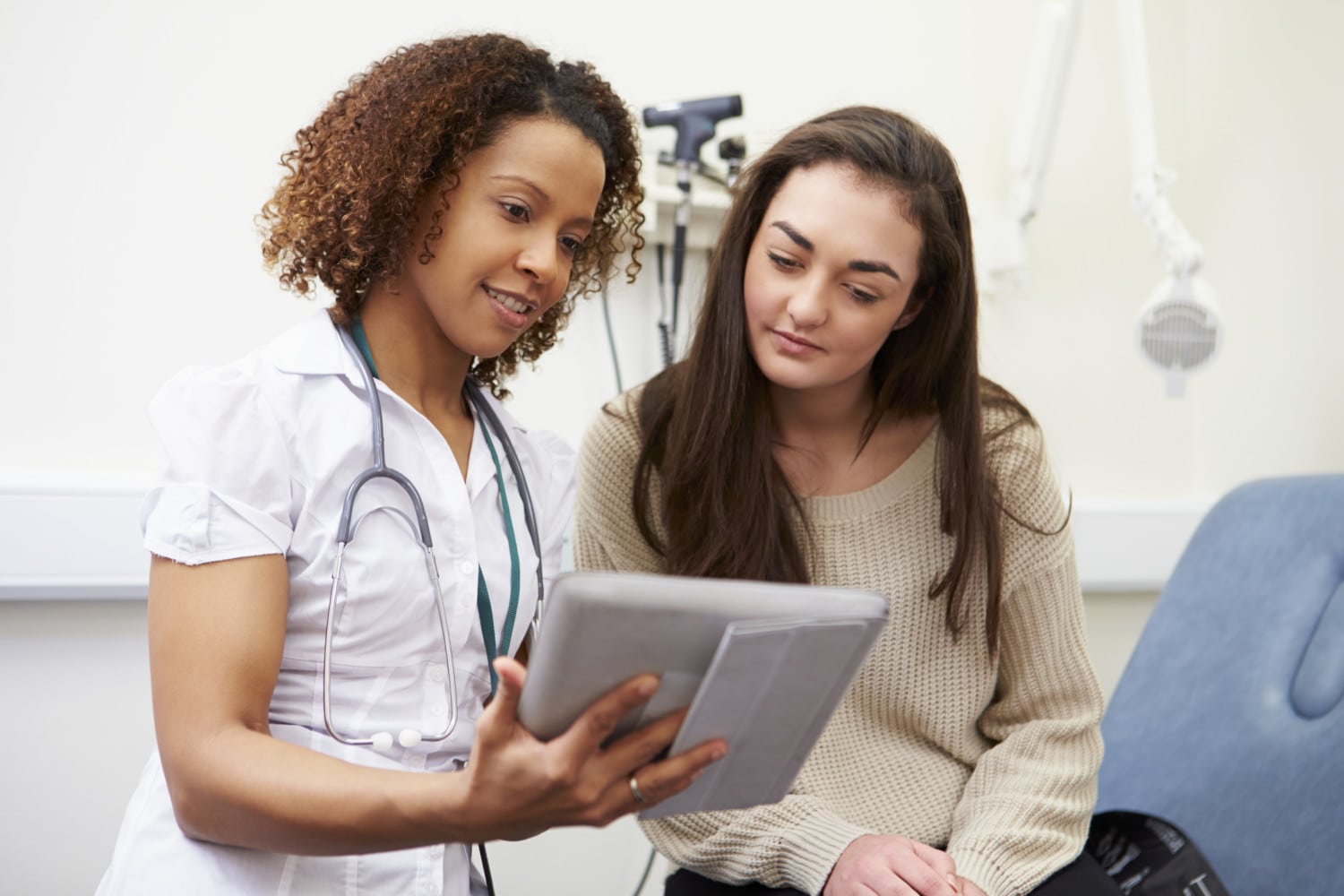
It’s a haunting scenario: Your child turns 18 and gets into an accident, and compounding the stress of the emergency is a medical-privacy law that can prevent clinicians from disclosing medical information to parents. That means hospital officials might not update you on your child’s condition or let you make any medical decisions because of stipulations in the Health Insurance Portability and Accountability Act, better known as HIPAA.
“When a child turns 18, it can be very frustrating for parents, because all of a sudden they lose the ability to have access to their kids’ medical records without their kids’ permission,” says Dr. Nicole Washington, a board-certified psychiatrist and chief medical officer at Oklahoma-based Elocin Psychiatric Services. “As a parent, we don’t see our kids as adults yet, but the law does.”
The best advice medical professionals and attorneys give parents of young adults? Engage in candid conversations with your children about how medical privacy changes after their 18th birthday, and have necessary authorization forms signed so that, in the event of an emergency, important medical information can be released to parents.
Here is what every parent should know about HIPAA and children who are no longer minors, as well as information on the documents parents and their young-adult children should sign and have in place should an emergency happen.
HIPAA Applies Even If Your Kids Are Still On Your Insurance
Medical privacy is fairly convoluted in today’s healthcare landscape. HIPAA keeps medical information private after an individual turns 18. But many young adults remain on their parents’ health insurance plans until they’re 25.
Washington says parents are often surprised and angry when they learn that even though they still carry an 18-year-old on their insurance and pay the bills for their child’s medical care, they’re not automatically granted the medical information pertaining to that child.
If young adults are still on your insurance, then you, as the parent, can obtain information about testing and treatment through your insurance company, explains Dr. Christopher Dietz, area medical director for MedExpress Urgent Care. Of course, the delays in getting this information through insurance would not be helpful in an emergency.
Adult Children Can Sign A HIPAA Release And Appoint Medical Power Of Attorney
While no parent wants to imagine their children being involved in a medical emergency, legal and medical professionals suggest planning for worst-case scenarios by having your child sign authorization forms. These documents can allow healthcare providers to release and share medical information with parents and guardians in an emergency. And because these can vary by state, and by campus, parents of college students might need to talk to their kids about extra forms they’ll need to sign.
To help frame the conversation with your kids, Dietz suggests that parents should share their perspectives about why it’s beneficial to see their children’s medical records after they turn 18.
“For instance, if something were to happen and they needed you, as their parent, to make medical decisions for them, access to medical records is beneficial,” he says. “That being said, I understand young adults wanting to maintain a sense of privacy. This is where I encourage open and honest conversations and relationships between parent and child.”
Having both parent and child sign authorization forms can allow parents the right to intervene and have a say in what happens in the case of a medical emergency, Dietz says.
Even if your adult child is unconscious, absent a written authorization, HIPAA can block parents’ access to healthcare information, explains attorney Cleve Clinton, partner at Gray Reed & McGraw in Dallas, Texas.
Here are two important documents parents and young adults should consider having in place:
- A HIPAA release: This allows health-care providers to release and share medical information with parents. Here’s a sample that Clinton points to as one that parents and children can sign. Without having one signed, doctors may refuse to discuss the adult child’s condition with anyone, unless they conclude it’s in the child’s best interest. A signed HIPAA authorization doesn’t need to be notarized. Young adults who sign these forms can prevent some information from being disclosed, Consumer Reports points out. For example, they can choose to not allow information about sex, drugs or mental health to be released. Additionally, if your child is going off to college, it’s a good idea to check in with the campus medical center to see if there are any additional forms you need to sign.
- A medical power of attorney: Going one step further, a medical power of attorney will allow your young-adult child to appoint an agent to make medical decisions on their behalf. Different states have different laws and, thus, different forms, Clinton points out. Also, states have varying laws on whether these power of attorney forms needs to be notarized or signed by witnesses, he explains. (Here’s an example of Texas’ legislation and forms.) Is your child going to an out-of-state college? Experts recommend knowing what documentation is required in that state so you can be appointed a medical power of attorney. Also, in some states, HIPAA authorization is a part of the standard medical power of attorney form. Consumer Reports points out young adults can take an additional step by appointing a durable power of attorney, which allows a parent or another designated agent to take care of business on their behalf. This could be things like filing taxes, paying bills or accessing bank accounts while they are unable to do so.
When Medical Providers Can Release Information Despite HIPAA
In some situations, a medical provider can choose to disclose health information to a family member even if a HIPAA release form hasn’t been signed. This happens when, in the provider’s professional judgment, releasing the information is in the patient’s best interest. However, providers often err on the side of patient privacy, especially if they don’t know the parents.
According to the U.S. Department of Health and Human Services, these are some of the instances when a health provider can share information with a family member:
- The family member is involved in your health care or payment for your healthcare.
- The patient tells the provider he or she can disclose information.
- The patient does not object to sharing the information, or, if using professional judgment, a provider believes that the patient doesn’t object.
There are some other exceptions that allow patient’s records to be released without their consent, Dietz explains. If a provider feels there are signs of abuse or negligence, or if the patient has a communicable disease, they’re obligated to inform the proper authorities.
“And if they feel a patient is in danger or may cause themselves or others harm, they can contact parents or authorities,” Dietz says.
As you can see, there are a lot of gray areas when it comes to medical privacy — which is why experts recommend having authorization forms in place so parents can get the information they need should an emergency happen.


